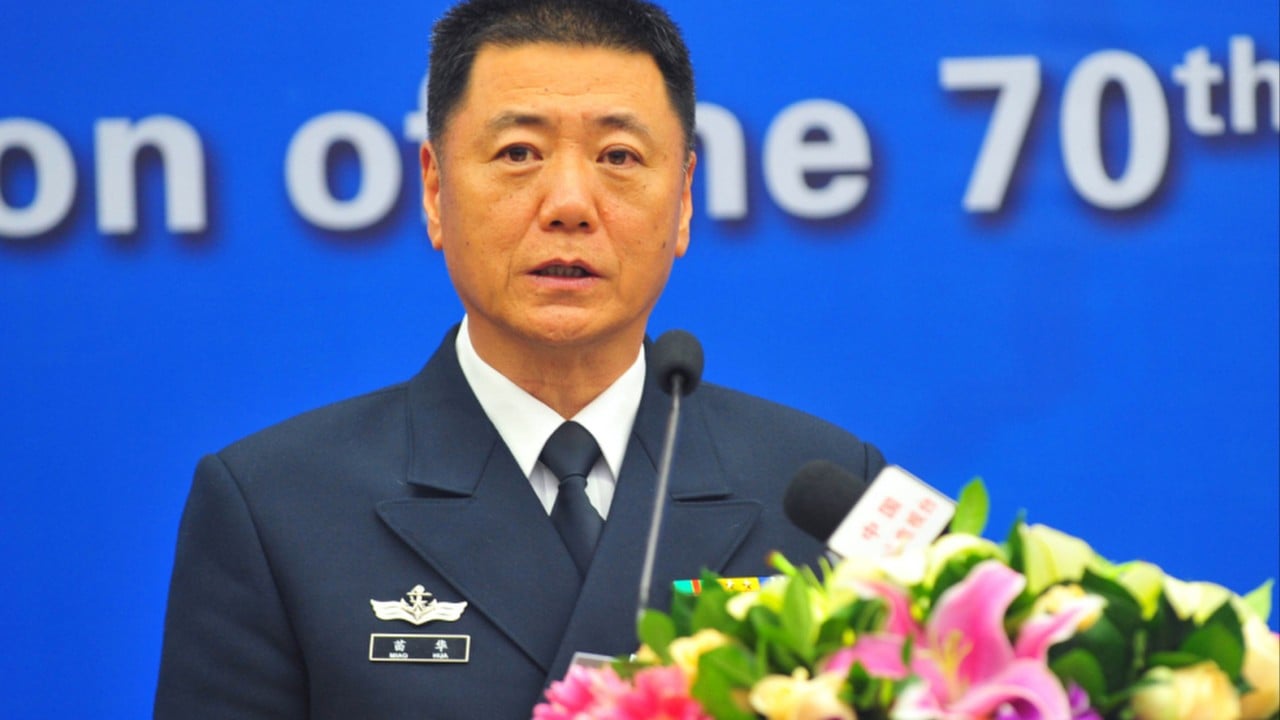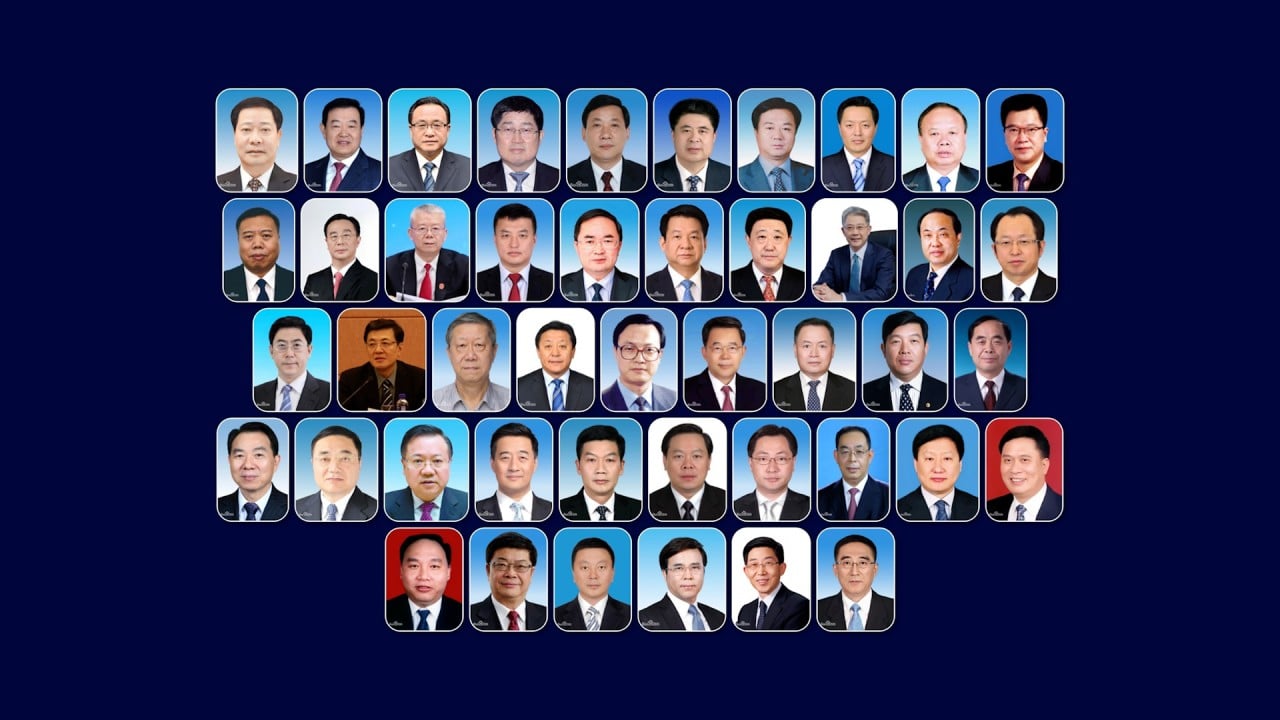In 2017, Admiral Miao Hua was a rising general when he became a member of China’s powerful Central Military Commission (CMC) and director of its political work department.
Advertisement
Taking over the party-building, ideology and personnel work of the world’s largest army would give Miao a significant say in senior appointments in the People’s Liberation Army (PLA).
It is a position that wields more real power than China’s defence minister, who is mostly the public face of the military and is responsible for domestic defence education and military diplomacy.
Born in 1955, Miao became China’s youngest serving general when he was promoted in 2015. A year later, Miao, then the political commissar of the PLA Navy, proudly shared his demands for the naval forces in an interview with Outlook (Liaowang) magazine, which is affiliated with state news agency Xinhua. “Eliminate seeking personal gain; eliminate hiring people in violation of regulations,” he said.
It is not clear whether Miao carried this with him to his new position as director of the political work department, but such a public proclamation may jar a little after the Chinese Ministry of Defence’s announcement last month that Miao had been suspended from duty and was under investigation for “suspected serious disciplinary violations” – usually a euphemism for corruption.
Miao’s is the latest case in a wave of anti-corruption operations at the PLA over the past two years that has brought down two former defence ministers and dozens of generals. The vast majority of them worked in the military’s procurement sector or in the PLA’s Rocket Force, its nuclear army.
Advertisement
A number of defence industry executives have also been implicated.


